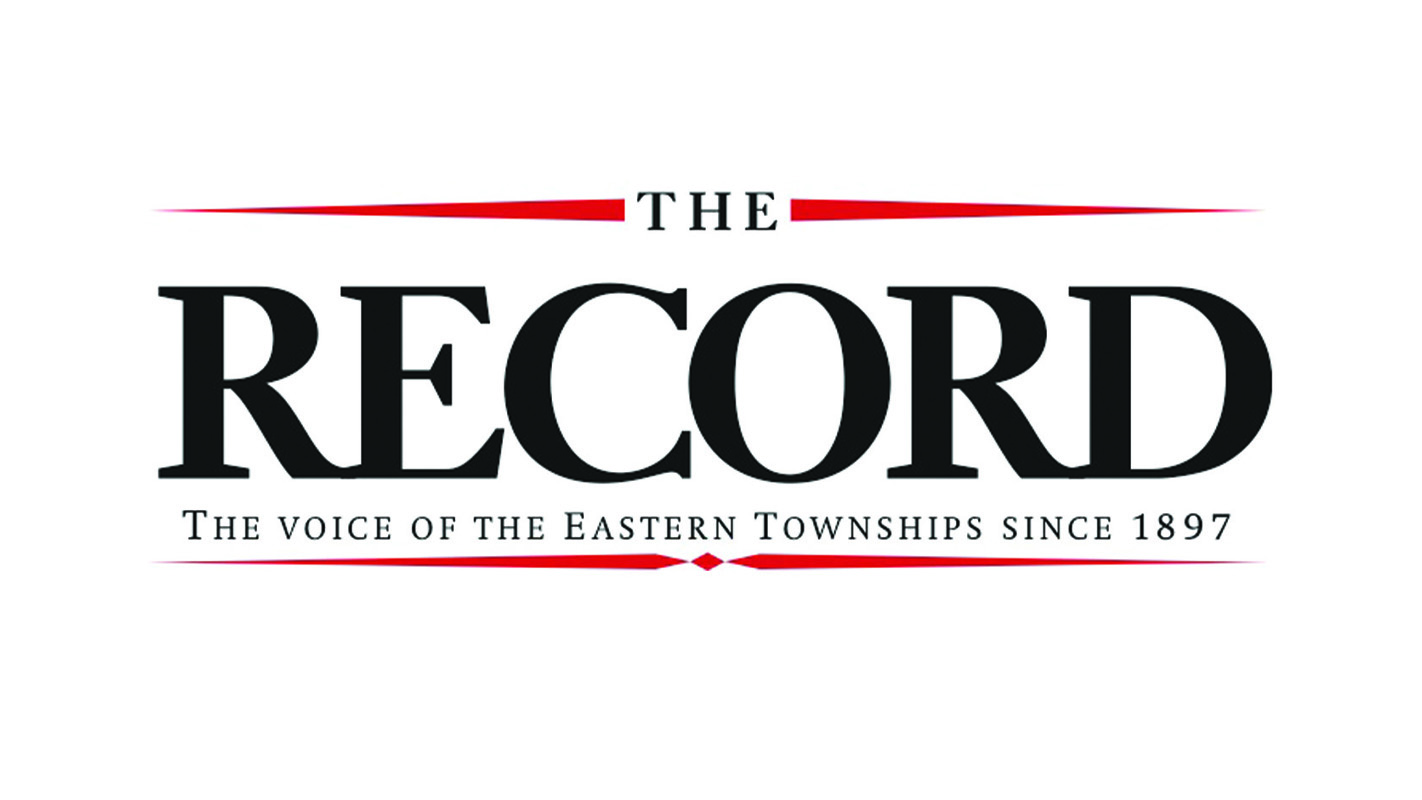By William Crooks
Local Journalism Initiative
Editor’s Note: This article is a continuation of a conversation with Bishop’s University computer science professor Dr. Stefan Bruda. In a previous article in The Record (‘What is artificial intelligence, anyway?’ Aug. 14), Bruda explained, in basic terms, what artificial intelligence (AI) is, namely, computer programs that produce the same results as rational agents (human beings).
AI is not to be feared, says Bishop’s professor Dr. Stefan Bruda, and will change jobs for the better and not replace them. The Record interviewed Bruda on his views concerning the affect of AI in his own area and those beyond.
How does AI affect teaching coding?
“[AIs] seek patterns,” Bruda said, in the data that are fed into them. All this data is then incorporated into a model. The model can then itself be asked new questions, he continued, but the answers you get will never be better than the data upon which the model was “trained”. “The coding done… by AI is going to contain all the mistakes [that are fed into it],” Bruda reiterated.
“Nowadays, you find coding on the internet,” Bruda said, referring to the various programming languages people use to tell computers what to do. The quality of all that code is not curated by anything, he insisted. So, if an AI is asked to answer a coding question, all the data it uses off the internet contains whatever flaws the human beings, who created it, put in it. The code it will produce will only be as good as what human beings are creating to begin with. “You don’t get a good piece of code [from AIs], but it will probably accomplish the task at hand,” he admitted.
Bruda emphasized that all this is to say programming is still very much needed in a computer science degree, since good human coders will always produce better code than what already exists.





